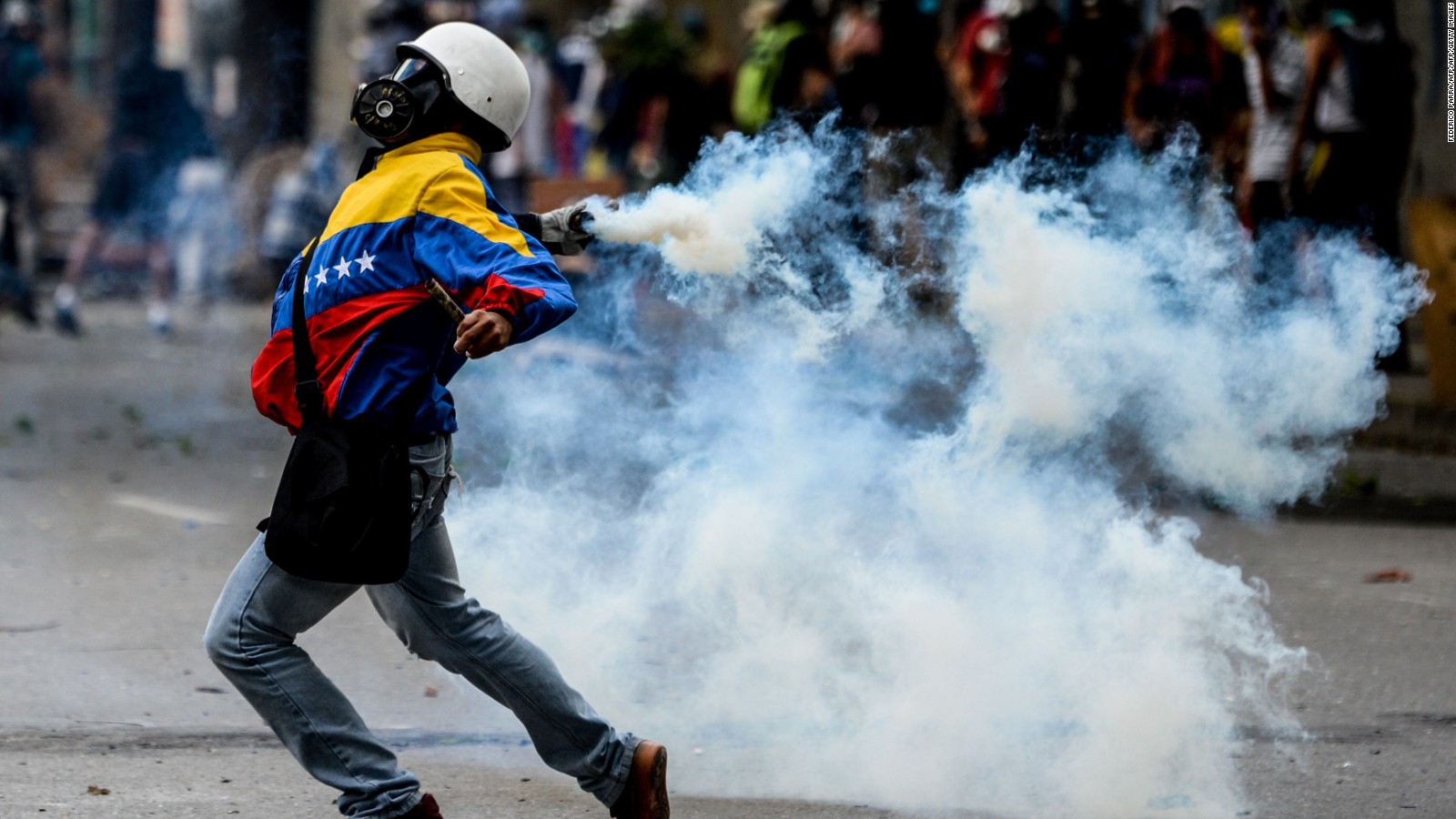March 29,2019
Venezuala– Will Moscow make a mockery of The Monroe Doctrine?
by Dr. Fareed Zakaria
https://fareedzakaria.com/columns/2019/3/28/is-venezuela-where-trump-finally-stands-up-to-putin

President Trump faces a crucial test of his foreign policy and his resolve over Venezuela. His administration has made absolutely clear that the United States no longer considers Nicolás Maduro to be president, publicly backing Juan Guaidó, the head of Venezuela’s National Assembly, as the country’s interim leader. Trump has gone so far as to urge the Venezuelan military not to follow Maduro’s orders. These declarations are much stronger than the “red line” President Barack Obama drew around Syrian president Bashar al-Assad.
So far, Trump’s pressure has not worked. Maduro has dug in, and the Venezuelan military has not abandoned its support for him. While U.S. sanctions may be hurting, they could also have the effect of creating a siege mentality that reinforces the regime’s hold on the nation. This is what happened to varying degrees with Cuba, North Korea and Iran.
Venezuela is a complicated, divided country, and Maduro, as heir to the legacy of Hugo Chávez, does have some support in poor and rural areas. But far more significant in bolstering the regime has been Russia’s open and substantial support. Moscow now admits that it has sent military personnel to Venezuela. Two Russian military planes arrived in the country last weekend, carrying about 100 troops.
This is just the latest in a series of moves by Moscow to shore up Maduro. Over the past few years, Russia has provided wheat, arms, credit and cash to the flailing government in Caracas. Estimates of Russia’s total investment in Venezuela vary from $20 billion to $25 billion. Russia now controls almost half of the country’s U.S.-based oil subsidiary, Citgo, which has been a major source of government revenue. The Venezuelan military uses Russian equipment almost exclusively.
The Venezuelan gambit appears to be personally significant for Russian President Vladimir Putin. In recent years, as the Venezuelan economy has tanked and political instability has grown, even most Russian companies have abandoned the country, viewing it as too risky. But, as Vladimir Rouvinski writes in a report for the Wilson Center, Russian state-controlled oil giant Rosneft has persisted and even ramped up its support for Maduro. The company is led by Igor Sechin, who has close ties to Putin and is often called the second-most powerful man in Russia.
In other words, Putin is all-in with his support for Maduro. He is doing this in part to prop up an old ally, and because it adds to Russia’s clout in global oil markets, but above all because it furthers Putin’s central foreign policy objective — the formation of a global anti-American coalition of countries that can frustrate U.S. purposes and usher in a more multipolar world. Putin’s efforts seem designed to taunt the United States, which announced the Monroe Doctrine in 1823, warning foreign powers to stay out of the Western Hemisphere.
The big question for Washington is: Will it allow Moscow to make a mockery of another U.S. red line? The United States and Russia have taken opposing, incompatible stands on this issue. And as with Syria, there is a danger that, if Washington does not back its words with deeds, a year from now, we will be watching the consolidation of the Maduro regime, supported with Russian arms and money.

The administration has been tough on Russian involvement in Venezuela. Trump himself has even declared, “Russia has to get out.” But that is an unusual statement from Trump, who has almost never criticized Putin and often sided with Russia on matters big and small.
As former U.S. Ambassador to Moscow Michael McFaul has written in The Post, Trump has a remarkably consistent pattern of supporting Putin’s foreign policy. Trump has threatened to withdraw from NATO and has announced the removal of U.S. troops from Syria. He has publicly disagreed with his own intelligence community’s conclusion that Moscow meddled in the 2016 elections, saying, “President Putin . . . said it’s not Russia. . . .I don’t see any reason why it would be.”
The big question for Washington is: Will it allow Moscow to make a mockery of another U.S. red line? The United States and Russia have taken opposing, incompatible stands on this issue. And as with Syria, there is a danger that, if Washington does not back its words with deeds, a year from now, we will be watching the consolidation of the Maduro regime, supported with Russian arms and money.
The administration has been tough on Russian involvement in Venezuela. Trump himself has even declared, “Russia has to get out.” But that is an unusual statement from Trump, who has almost never criticized Putin and often sided with Russia on matters big and small.
As former U.S. ambassador to Moscow Michael McFaul has written in The Post, Trump has a remarkably consistent pattern of supporting Putin’s foreign policy. Trump has threatened to withdraw from NATO and has announced the removal of U.S. troops from Syria. He has publicly disagreed with his own intelligence community’s conclusion that Moscow meddled in the 2016 elections, saying, “President Putin . . . said it’s not Russia. . . .I don’t see any reason why it would be.”
(c) 2019. Washington Post Writers Group

